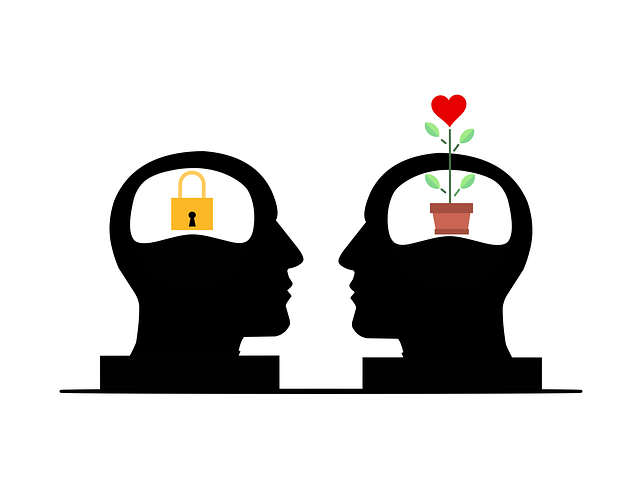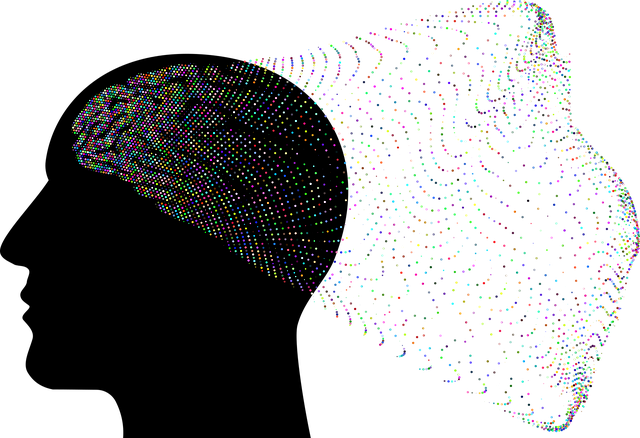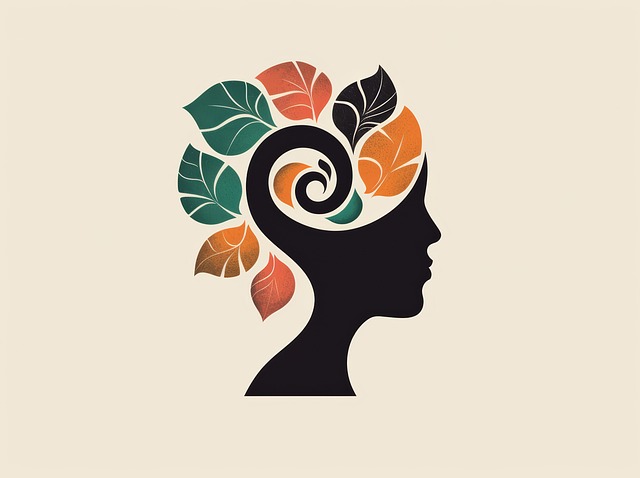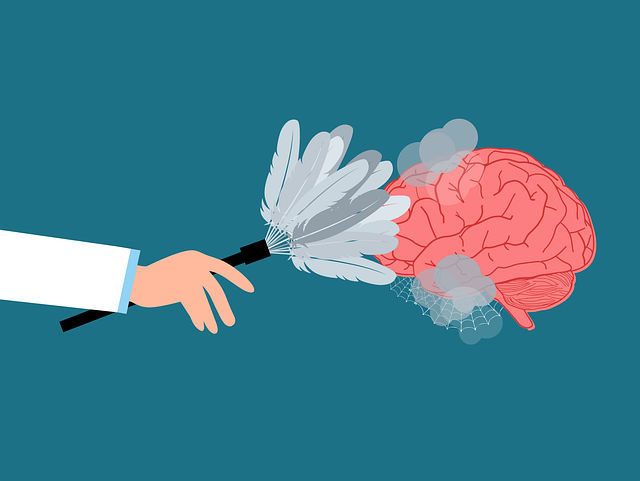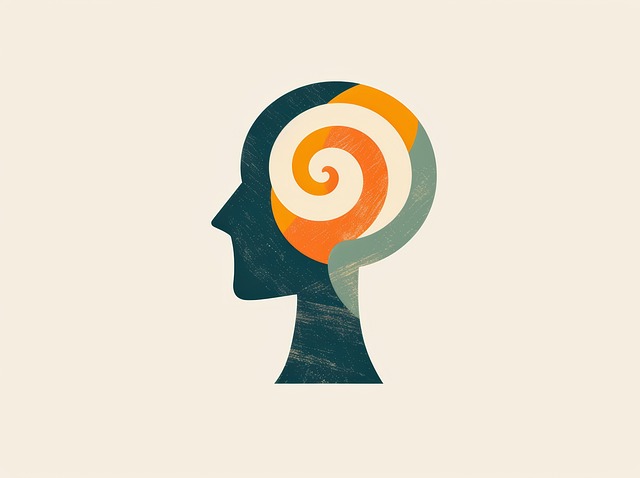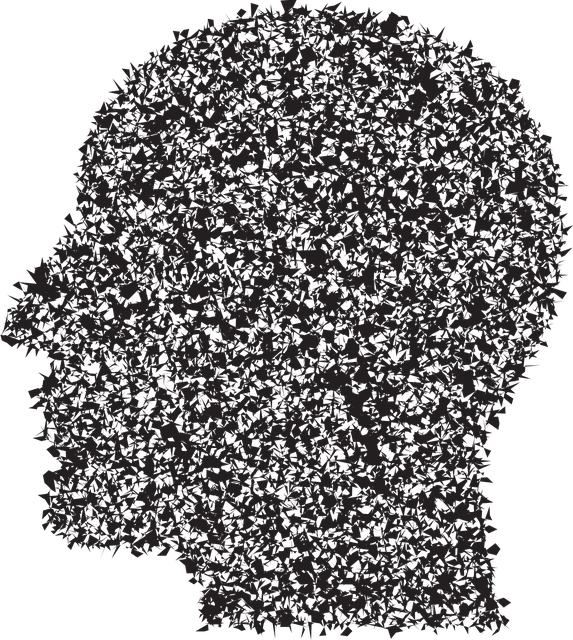In today's healthcare landscape, cultural competency is vital for effective treatment, especially for PTSD patients seeking Centennial Post-Traumatic Stress Disorder (PTSD) therapy. Healthcare providers must understand and respect diverse backgrounds to build trust and avoid biases that can impact care. Unaddressed cultural biases lead to miscommunication and harm patient outcomes, particularly for marginalized communities. Training in self-awareness and emotional regulation helps manage these unconscious biases. Centennial PTSD therapy requires a nuanced approach, adapting practices to cultural contexts and traumatic experiences. Comprehensive training programs bridge communication gaps, enhance patient care, reduce stigma, and improve healthcare environment for diverse communities.
In today’s diverse healthcare landscape, cultural competency is no longer an option but a necessity. Understanding and addressing cultural biases are crucial for providing equitable care, especially for conditions like Centennial Post-Traumatic Stress Disorder (PTSD). This article explores these topics, delving into the impact of unaddressed cultural biases on patient outcomes and highlighting effective training programs to enhance medical professionals’ cultural sensitivity.
We discuss adaptive PTSD therapy approaches tailored to diverse populations and provide insights for healthcare providers navigating this evolving field.
- Understanding Cultural Competency in Healthcare: A Necessity in Modern Practice
- The Impact of Unaddressed Cultural Biases on Patient Care and Outcomes
- Centennial Post-Traumatic Stress Disorder (PTSD) Therapy: Adapting Treatments for Diverse Populations
- Implementing Effective Training Programs to Enhance Cultural Sensitivity in Medical Professionals
Understanding Cultural Competency in Healthcare: A Necessity in Modern Practice

In today’s diverse healthcare landscape, cultural competency is no longer an option but a necessity. It involves understanding and respecting the unique cultural backgrounds, beliefs, and values of patients, especially those with post-traumatic stress disorder (PTSD), such as those seeking Centennial PTSD therapy. Healthcare providers must be adept at navigating complex cultural nuances to offer effective treatment and build trust. Failure to do so can lead to miscommunication, decreased patient satisfaction, and even adverse health outcomes.
Cultural competency goes beyond simply being aware of different cultures; it equips providers with the skills to deliver personalized care. This involves incorporating mental wellness journaling exercises, producing inclusive mental wellness podcast series, and offering guidance tailored to diverse populations. By fostering an environment that values and respects cultural differences, healthcare providers can boost patient confidence and significantly enhance their overall experience.
The Impact of Unaddressed Cultural Biases on Patient Care and Outcomes

Unaddressed cultural biases within healthcare systems can significantly impact patient care and outcomes, particularly for marginalized communities. When healthcare providers hold implicit stereotypes or assumptions about a patient’s cultural background, it leads to miscommunication, misunderstandings, and potentially harmful treatment decisions. For example, a provider might misunderstand a patient’s symptoms due to differences in medical terminology or cultural explanations of pain and illness, hindering effective Centennial Post-Traumatic Stress Disorder (PTSD) therapy. Patients from diverse backgrounds may face barriers to accessing quality care, experiencing longer wait times, and receiving less aggressive treatment for conditions like PTSD and related stress disorders.
These biases can also influence the type of information patients are willing to share, affecting their overall treatment plan. Self-awareness exercises and emotional regulation techniques can help healthcare providers manage these unconscious biases. By participating in regular training sessions that promote cultural competency, professionals learn to recognize and challenge their own preconceptions, fostering a more inclusive environment where Emotional Regulation becomes a shared goal. This, in turn, enhances patient satisfaction, adherence to treatment plans, and ultimately improves health outcomes for all individuals seeking care.
Centennial Post-Traumatic Stress Disorder (PTSD) Therapy: Adapting Treatments for Diverse Populations

Centennial Post-Traumatic Stress Disorder (PTSD) therapy requires a nuanced approach to cater to the diverse needs of various populations. As healthcare providers, understanding the cultural and social contexts in which trauma occurs is paramount. Many individuals from minority groups may face additional barriers to seeking treatment, such as language differences, cultural stigmas, or limited access to mental health education programs design specifically for them. Therefore, therapists must be adept at adapting their practices to foster trust and create a safe space for healing.
Incorporating self-awareness exercises and emotional intelligence into therapy sessions can significantly enhance the effectiveness of treatment. By recognizing and acknowledging cultural differences, healthcare providers can tailor interventions that resonate with patients’ experiences. This may involve using culturally sensitive language, incorporating traditional healing practices where appropriate, and ensuring therapists are well-versed in the specific forms of trauma faced by diverse communities. Such adaptations not only improve patient outcomes but also demonstrate a commitment to providing equitable mental health care.
Implementing Effective Training Programs to Enhance Cultural Sensitivity in Medical Professionals

Implementing effective training programs is pivotal to fostering cultural sensitivity among medical professionals. These initiatives aim to bridge communication gaps and enhance patient care, especially in diverse communities. By incorporating topics like mental illness stigma reduction efforts and risk management planning for mental health professionals, healthcare providers can better navigate complex situations.
Centennial Post-Traumatic Stress Disorder (PTSD) Therapy, for instance, highlights the importance of understanding cultural nuances when addressing trauma. Training sessions should equip practitioners with conflict resolution techniques to manage diverse patient profiles and backgrounds. Such efforts not only improve diagnosis and treatment but also foster a more inclusive healthcare environment, ultimately benefiting both professionals and patients.
Cultural competency training is a game-changer in healthcare, addressing unaddressed cultural biases that impact patient care and outcomes. By implementing effective programs, medical professionals can enhance their sensitivity to diverse populations, ensuring equitable access to quality treatment. As evidenced by the rise in PTSD diagnoses across various communities, particularly in historic trauma cases like Centennial Post-Traumatic Stress Disorder Therapy, this training is more crucial than ever. Through ongoing education and adaptation to different therapeutic approaches, healthcare providers can foster a more inclusive environment, ultimately improving patient satisfaction and health outcomes.

